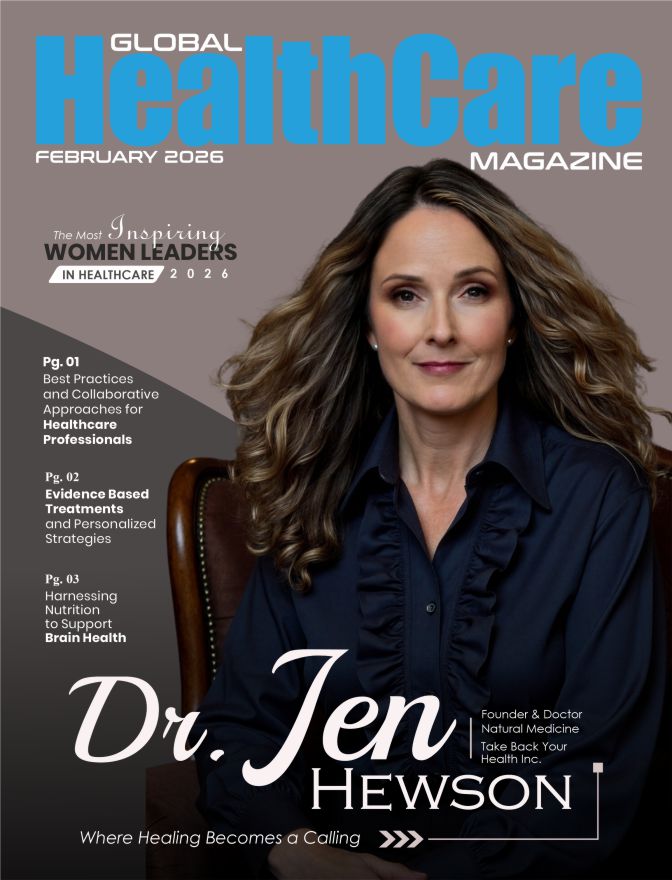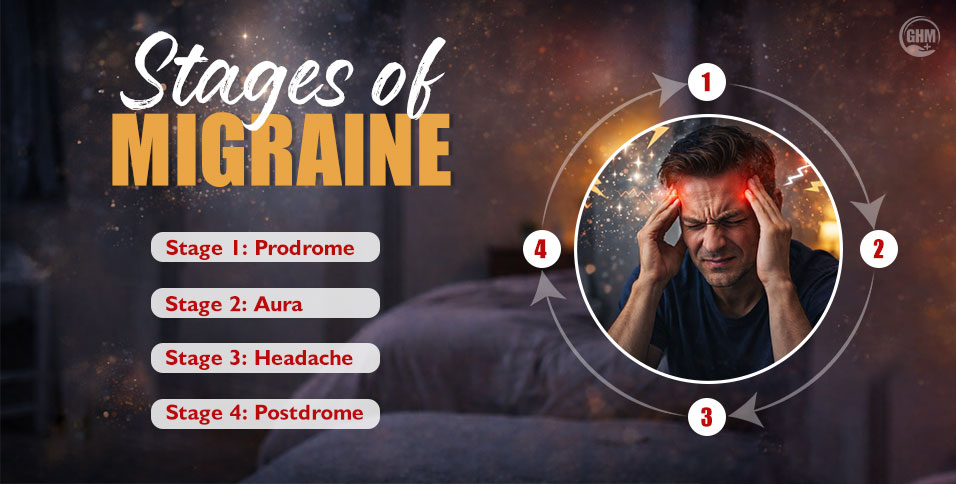The COVID-19 pandemic has left a lasting mark on global health, but women are now facing a unique set of challenges in its aftermath. Recent studies reveal that COVID And Women’s Health are a concern as it has long-term effects.
The long COVID is impacting women’s health in ways that go far beyond respiratory issues. From menstrual irregularities to increased risk of heart problems and mental health struggles, the challenges of women’s health due to COVID are becoming clearer as new research emerges.
1. Menstrual Changes & Iron Deficiency Risk
A UK survey involving more than 12,000 women has uncovered a troubling link between long COVID and menstrual health. The study found that women with long COVID often experience heavier and longer periods, which can lead to iron deficiency. It is a condition that worsens common long COVID symptoms such as fatigue, brain fog, and dizziness.
Women in the study also reported that their long COVID symptoms, such as exhaustion and joint pain, worsened during their menstrual cycle. This suggests a strong link between hormonal fluctuations and the severity of the condition.
After Effects
- Heavy menstrual bleeding can lead to iron-deficiency anemia, making women feel even more tired and weak.
- Undiagnosed anemia can increase heart strain and delay recovery.
- Women may require targeted treatment such as iron supplements and menstrual management therapies.
2. Heart & Circulatory Problems
COVID-19 has been shown to increase inflammation in the body. For women, this may mean a higher risk of heart disease and blood clots post-infection.
- A 2023 study from the American Heart Association revealed that women under 50 who had COVID-19 were twice as likely to experience a heart attack or stroke within a year of recovery compared to those who never had the virus.
- Cases of postural orthostatic tachycardia syndrome (POTS) are found that are linked to COVID and Women’s Health. It is a condition that causes rapid heartbeat and dizziness upon standing, which is also rising among women post-COVID.
3. Fertility & Pregnancy Concerns
Although there is no strong evidence that COVID and women’s health are connected when it comes to fertility problems, it can still temporarily disrupt ovulation and menstrual cycles due to stress and inflammation.
Pregnant women face specific risks:
- COVID-19 during pregnancy is linked to higher rates of preterm birth and complications such as preeclampsia.
- Babies born to mothers who had severe COVID-19 may need special neonatal care due to lower birth weights or early delivery.
The World Health Organization advises pregnant women to stay up-to-date with vaccinations and seek immediate care if they experience breathing difficulties or reduced fetal movement.
4. Mental Health & Hormonal Impact
Women are already more likely than men to experience anxiety and depression, and the pandemic has amplified these issues. Long COVID brings additional challenges:
- Persistent symptoms like brain fog and fatigue contribute to post-traumatic stress disorder (PTSD) and anxiety.
- Hormonal fluctuations during the menstrual cycle or menopause may intensify mood swings and depression post-COVID.
In one case, a 38-year-old woman reported experiencing extreme anxiety and panic attacks for the first time after recovering from COVID-19. Doctors linked her symptoms to post-viral inflammation affecting brain chemistry.
Coping strategies include:
- Regular therapy sessions or counseling
- Mindfulness practices and breathing exercises
- Medical evaluation to rule out thyroid or hormonal imbalances
5. Autoimmune Disorders & Long-Term Risks
COVID-19 can trigger or worsen autoimmune conditions, especially in women, who are more prone to these disorders.
- Cases of lupus, rheumatoid arthritis, and thyroid disease have been reported following infection.
- Researchers believe that the virus may confuse the immune system, causing it to attack healthy tissue.
Women experiencing unexplained joint pain, skin rashes, or fatigue months after infection should seek specialist care to rule out autoimmune complications.
Women’s Responsibility to Protect Health
Understanding problems related to COVID and women’s health is the first step to prevention and care. Here’s how women can protect their health:
1. Track Symptoms
- Use health apps to record menstrual cycles, fatigue levels, and heart rate.
- Share detailed logs with your doctor to aid diagnosis.
2. Get Regular Checkups
- Schedule blood tests for iron levels, thyroid function, and vitamin deficiencies.
- Consider a heart screening if you experience chest pain or dizziness.
3. Prioritize Mental Well-Being
- Seek support groups for women with long COVID.
- Practice self-care routines, including yoga and meditation.
4. Stay Updated on Vaccinations
- Vaccines reduce the risk of severe illness and complications, especially during pregnancy.
Conclusion
As the pandemic’s critical phase fades, the long-term effects of COVID and women’s health are only beginning to surface. Addressing these issues requires both awareness and proactive care. By recognizing the signs early with any changes in health, women can take control of their recovery journey and minimize lasting damage.
The road to full recovery may be long, but with research, treatment, and awareness, women can navigate the hidden health challenges left behind by the pandemic.













